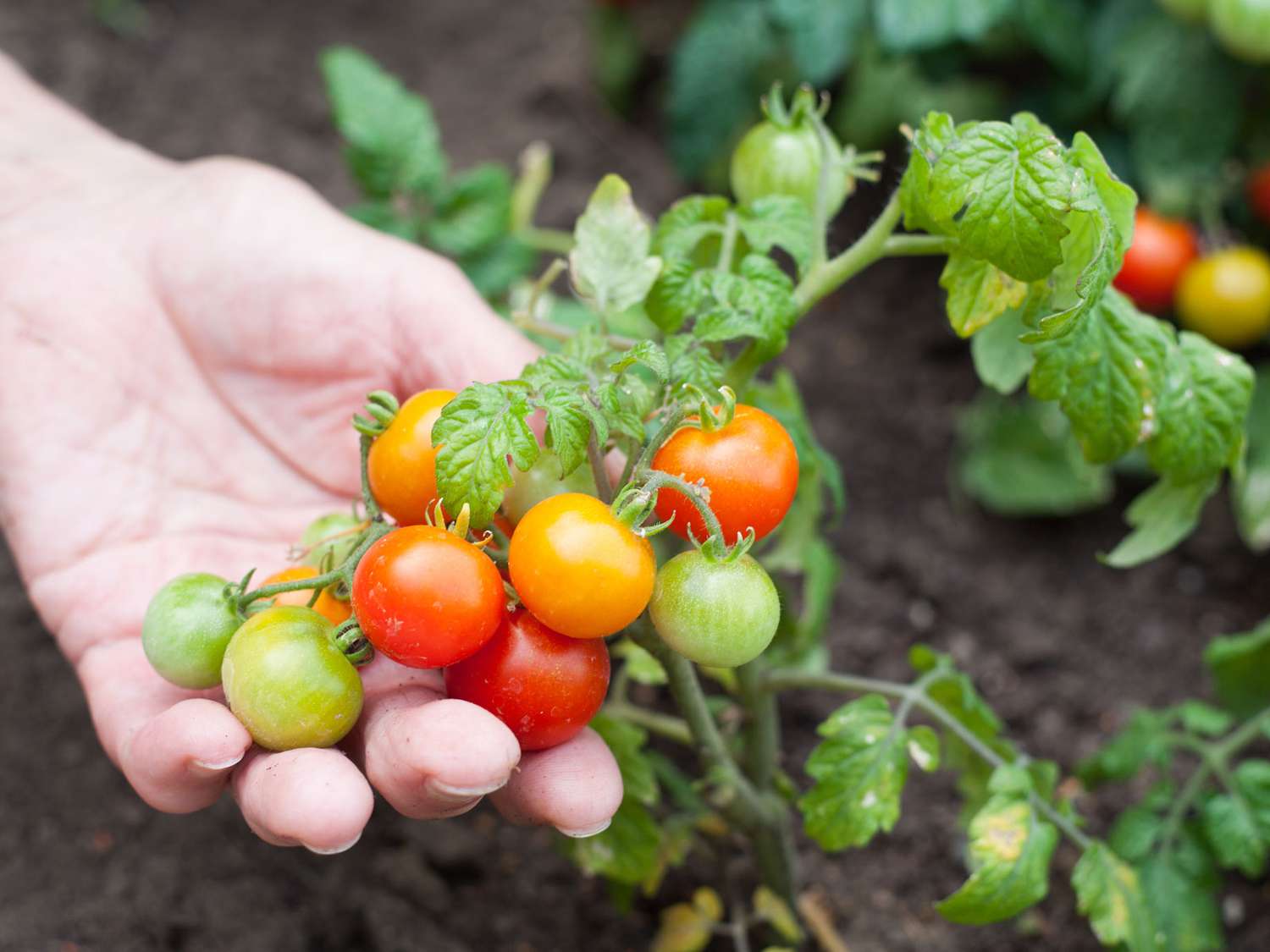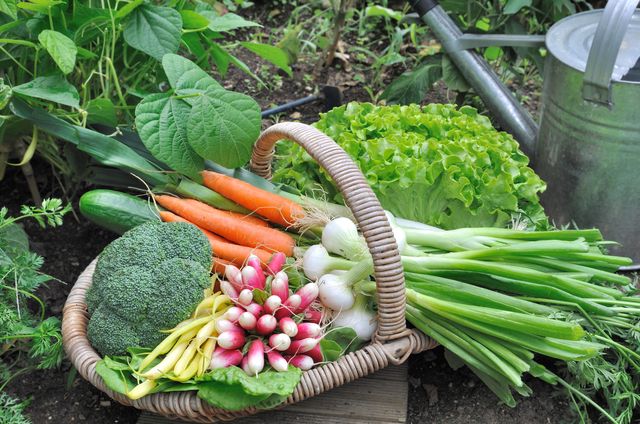Growing an organic vegetable garden is one of the best ways to ensure that the produce you and your family consume is absolutely fresh, nutritious, & free from harmful chemicals. This approach of gardening largely emphasizes various proven natural processes, healthy soil, & a balanced ecosystem, benefiting both your health & the environment. Here is a guide to starting & maintaining your own organic vegetable garden, even if you are a beginner.
Understanding Organic Gardening and Its Significance
Organic gardening avoids synthetic fertilizers, pesticides, & genetically modified organisms (GMOs). Instead, it uses certain natural fertilizers like compost, manure, & organic mulch, as well as eco-friendly pest control methodologies. Organic gardens thrive through the synergy of soil, plants, & beneficial organisms, creating a healthy ecosystem that largely minimizes the requirement for harmful interventions.
Choosing the Right Location
One of the most critical steps for a successful organic vegetable garden is selecting an ideal location:
-
Sunlight – Most vegetables usually require at least 6-8 hours of direct sunlight daily, so pick a sunny spot.
-
Soil – Good soil is very essential for maintaining the good health of the plants. Your soil should necessarily be well-draining, rich in organic matter, & able to retain optimum level of moisture.
-
Accessibility of Water – Place your garden close to a water source, as regular watering is very essential, especially for the young plants.
Preparing the Soil Organically
Healthy soil is the foundation of a thriving organic vegetable garden. Firstly, start by enriching your soil with the appropriate amount of compost, which provides essential nutrients as well as improves the texture of the soil. You can easily create your compost from kitchen scraps, dry leaves, as well as grass clippings. This natural fertilizer facilitates in promoting beneficial organisms & worms that boost the fertility of the soil. Testing your soil’s pH level is also helpful, as most vegetables prefer a slightly acidic to neutral range (6.0 to 7.0).
Selecting Your Vegetables
Choose those vegetables that suit your climate, season, & space. For beginners, start with easy-to-grow options like tomatoes, lettuce, spinach, carrots, radishes, & peppers. These particular veggies are relatively low-maintenance and also produce well in optimal quantities. If you have a small space, then consider growing vegetables in containers or raised beds, which are also easier to manage & control.

Organic Pest and Disease Control
Organic pest control, to a great extent, relies on eco-friendly methodologies that do not harm plants, soil, or beneficial insects. Here are a few organic pest control techniques –
-
Companion Planting – You may plant certain plants close together to deter the infestation by pests. For example, marigolds can help repel aphids & other harmful insects.
-
Natural Remedies – Use may use neem oil, insecticidal soap, or homemade garlic & chili sprays to deter pests without harming the plants even a bit.
-
Physical Barriers – Nets, fences, & row covers can protect plants from common garden pests.
Watering and Mulching
Watering is very essential but should be done carefully. Early morning watering reduces the level of evaporation, & deep watering encourages deeper growth of roots. Mulching around the base of plants with straw, leaves, or wood chips retains soil moisture, suppresses weeds, as well as prevents soil erosion. Organic mulch gradually breaks down and finally enriches the soil over the passage of time.
Conclusion: Grow Your Own Fresh Produce
An organic vegetable garden is an absolutely fulfilling, eco-friendly way to grow fresh, nutritious vegetables at home. By focusing on various natural practices, you create a very sustainable ecosystem in your garden, promoting soil health and at the same time reducing your carbon footprint. No matter if you are growing a small herb garden or a wide variety of veggies, organic gardening is indeed a very rewarding journey that brings you much closer to nature, enhances your diet, and largely contributes to a greener planet in the long run. Start small, experiment, & enjoy the benefits of harvesting your own chemical-free produce right from your backyard!



